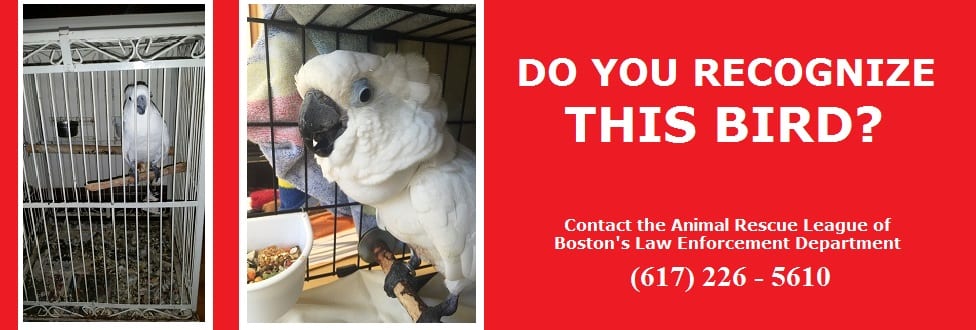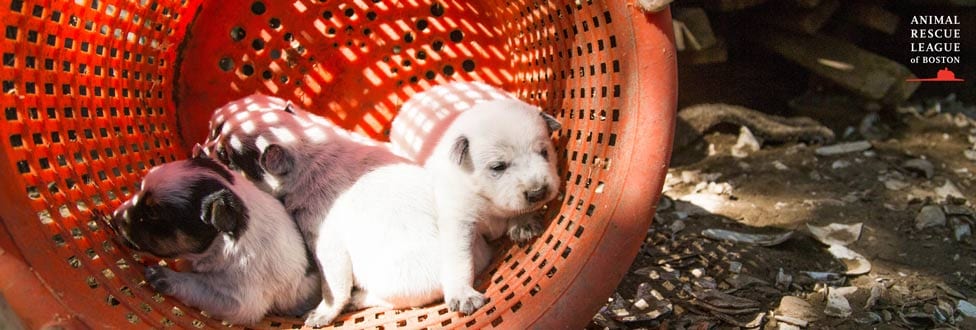Court Prohibits Owner of Westport Property Farm
Update:
In July of this year, ARL’s Law Enforcement team, staff, and volunteers, along with other humane organizations and law enforcement departments, went to the aid of and helped remove more than 1,400 animals living in deplorable conditions on a 70-acre property located at 465 American Legion Road in Westport, MA.

Last month, many people were dismayed to learn that farm animals were being reintroduced to that same property.
Fortunately, on November 9, 2016, Superior Court Justice Renee Dupuis issued an Order which, for the time being, prohibits Medeiros from returning any animals to the property and orders him to remove any animals owned by him from the property.
To the extent that Medeiros has authority over third parties using the property, animals belonging to the third parties cannot be returned and any animals on the property now must be removed.
The Court further ordered that Medeiros allow the Westport Animal Inspector access to inspect the animals; retain a pest control expert to address the need for rat control; retain a disposal service to address the issues of “solid waste” removal; and prohibits the use of all structures on the property.
The Court will hold a further hearing on December 7, 2016.

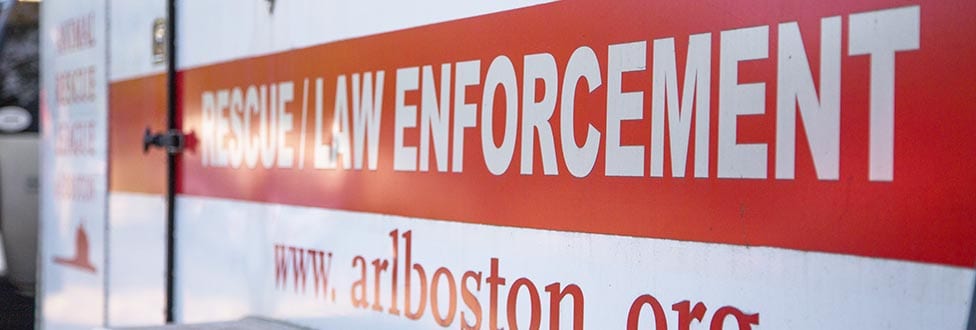
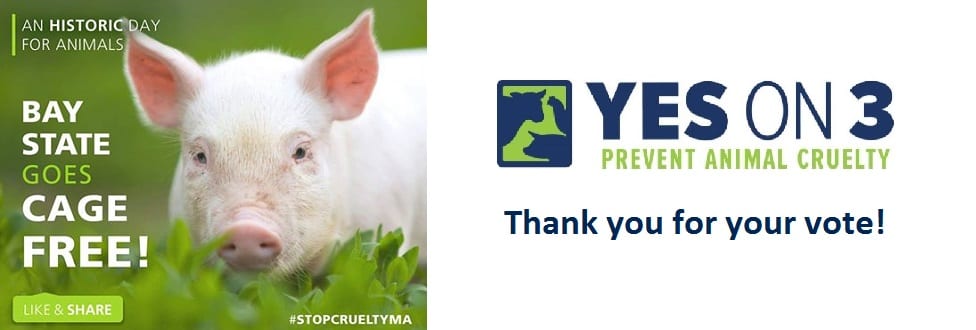
 Click here
Click here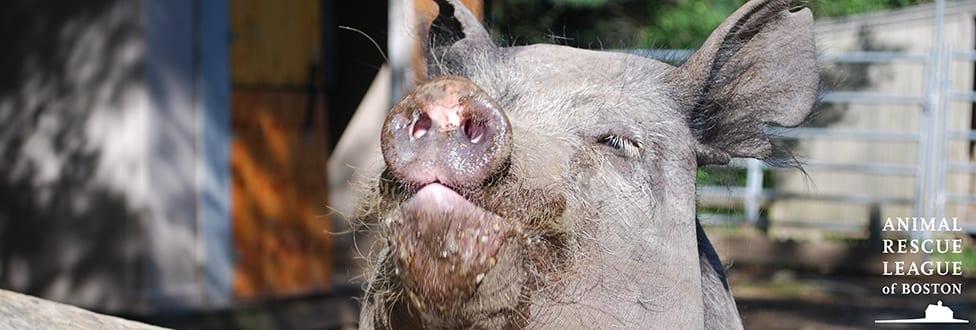






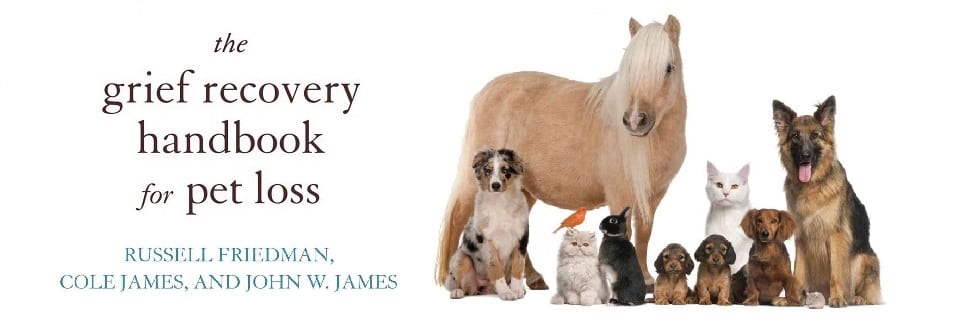

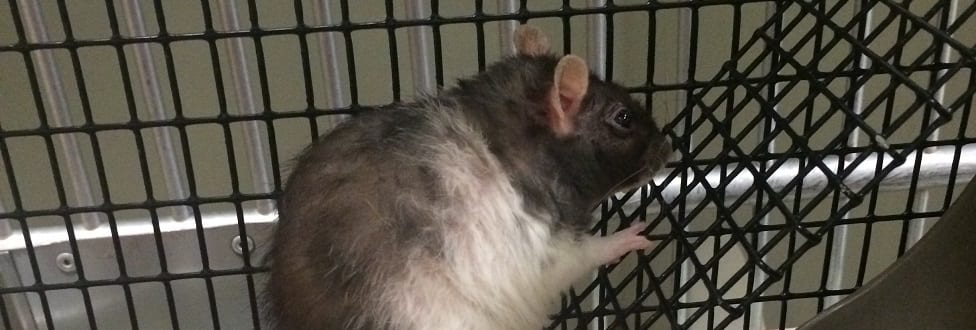

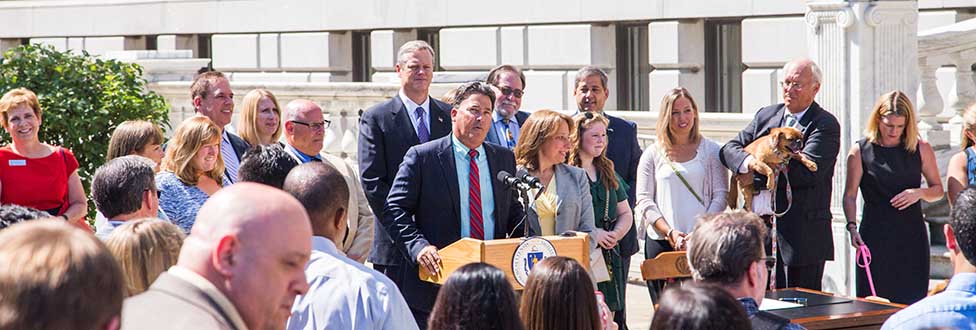
 1. Pets in vehicles, a new legal tool in place
1. Pets in vehicles, a new legal tool in place 2. Tethering of dogs, now reduced to 5 hour time limit
2. Tethering of dogs, now reduced to 5 hour time limit 3. The ARL and MSPCA can further help enforce the law
3. The ARL and MSPCA can further help enforce the law


